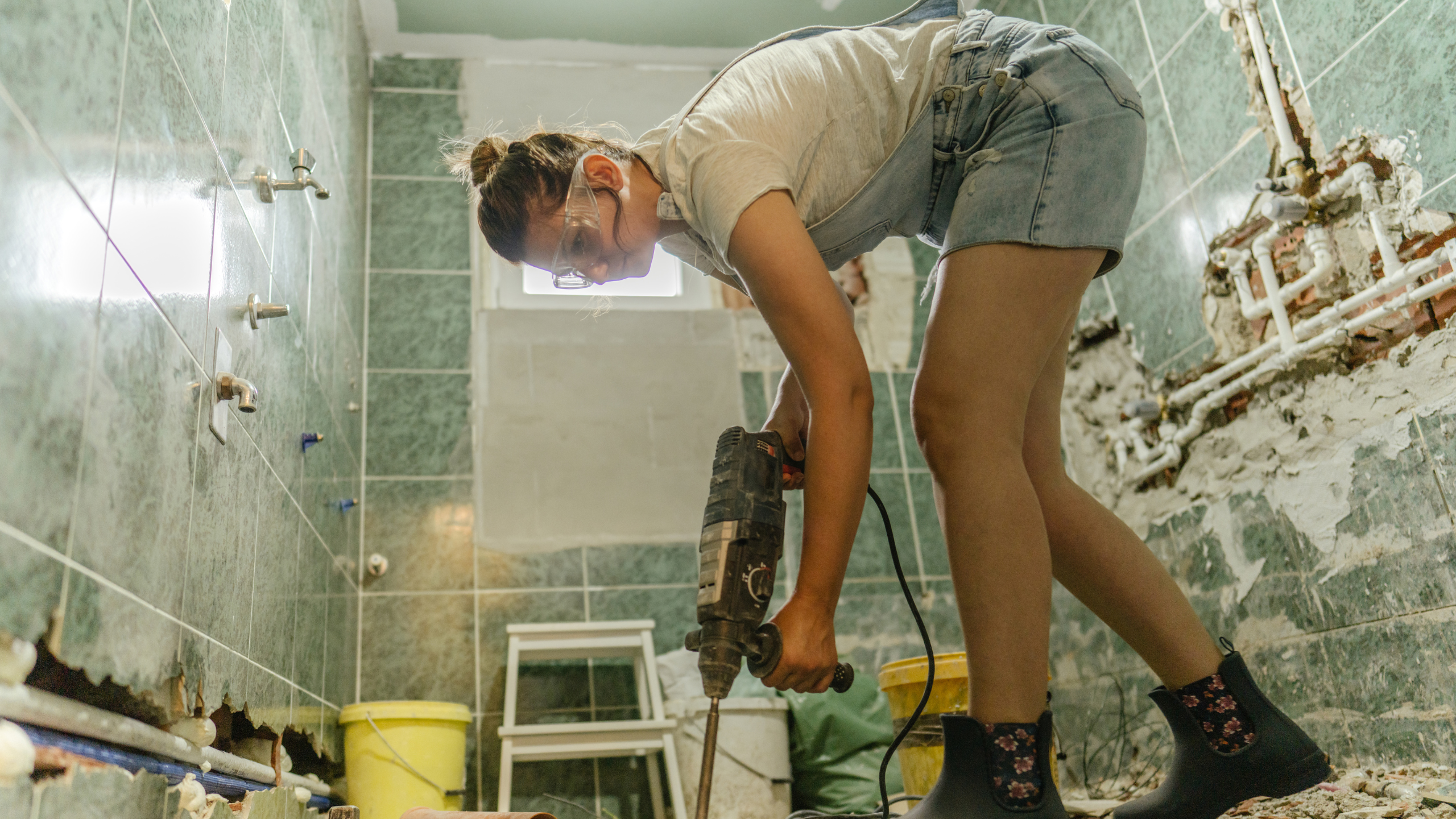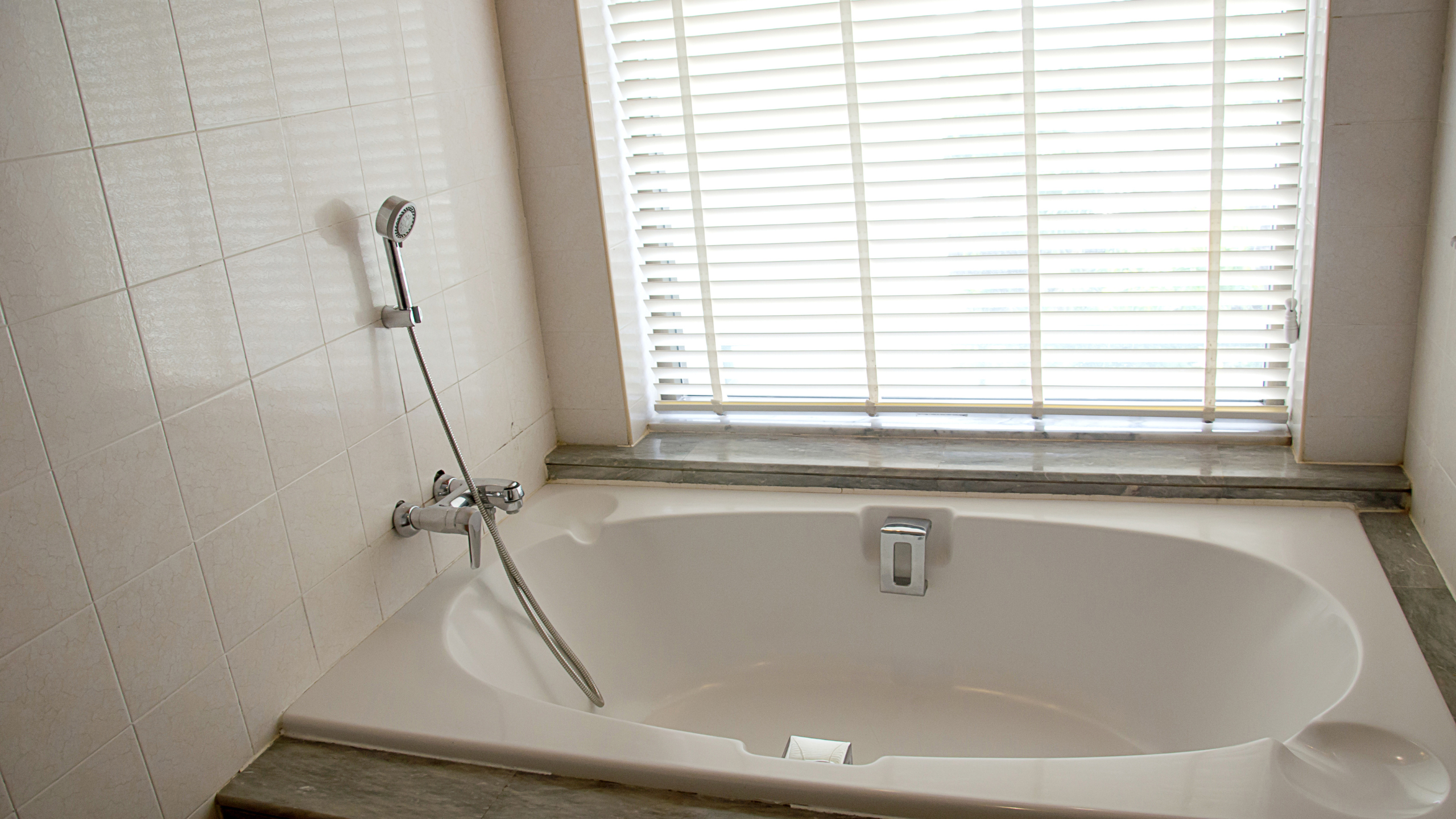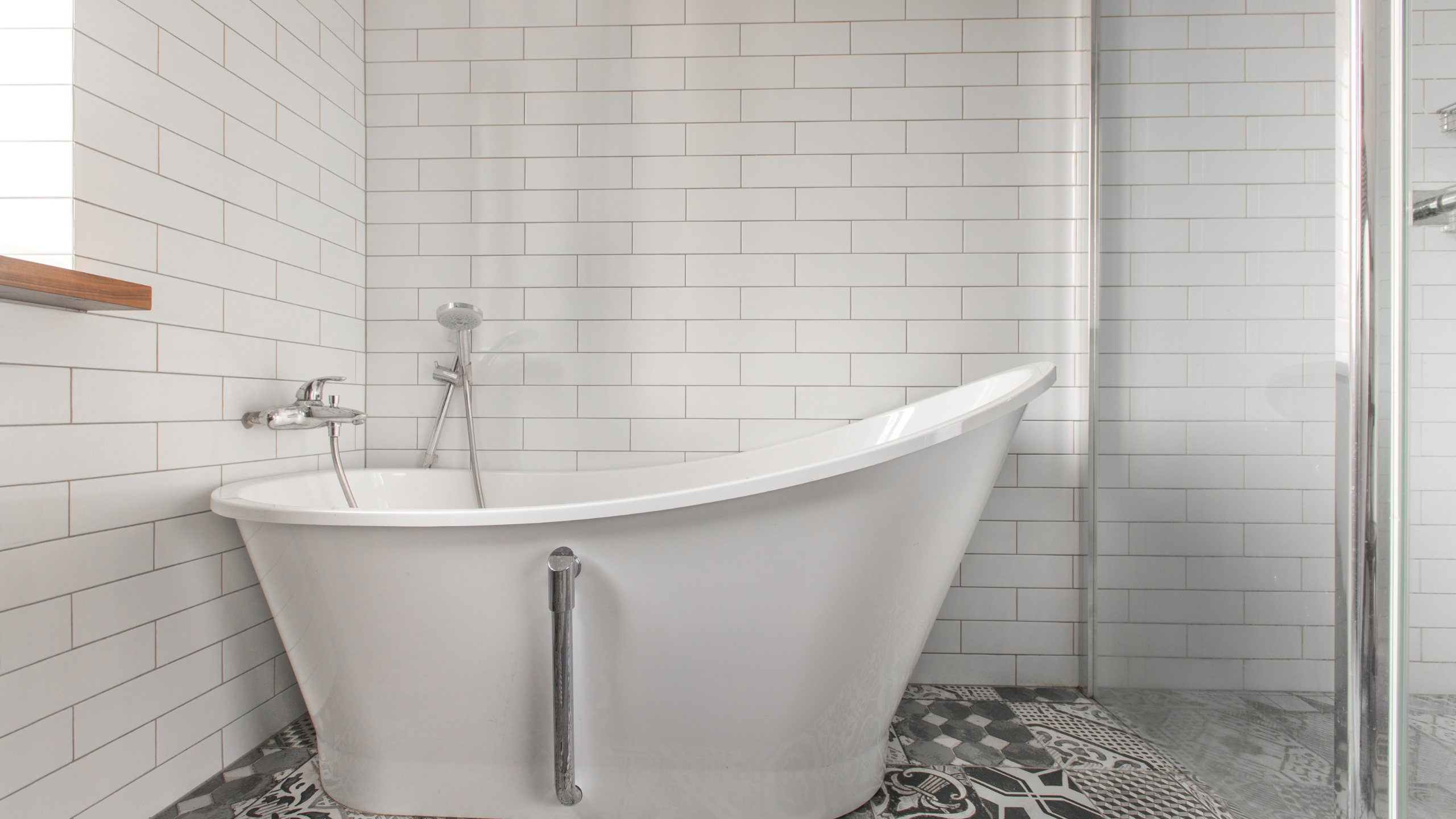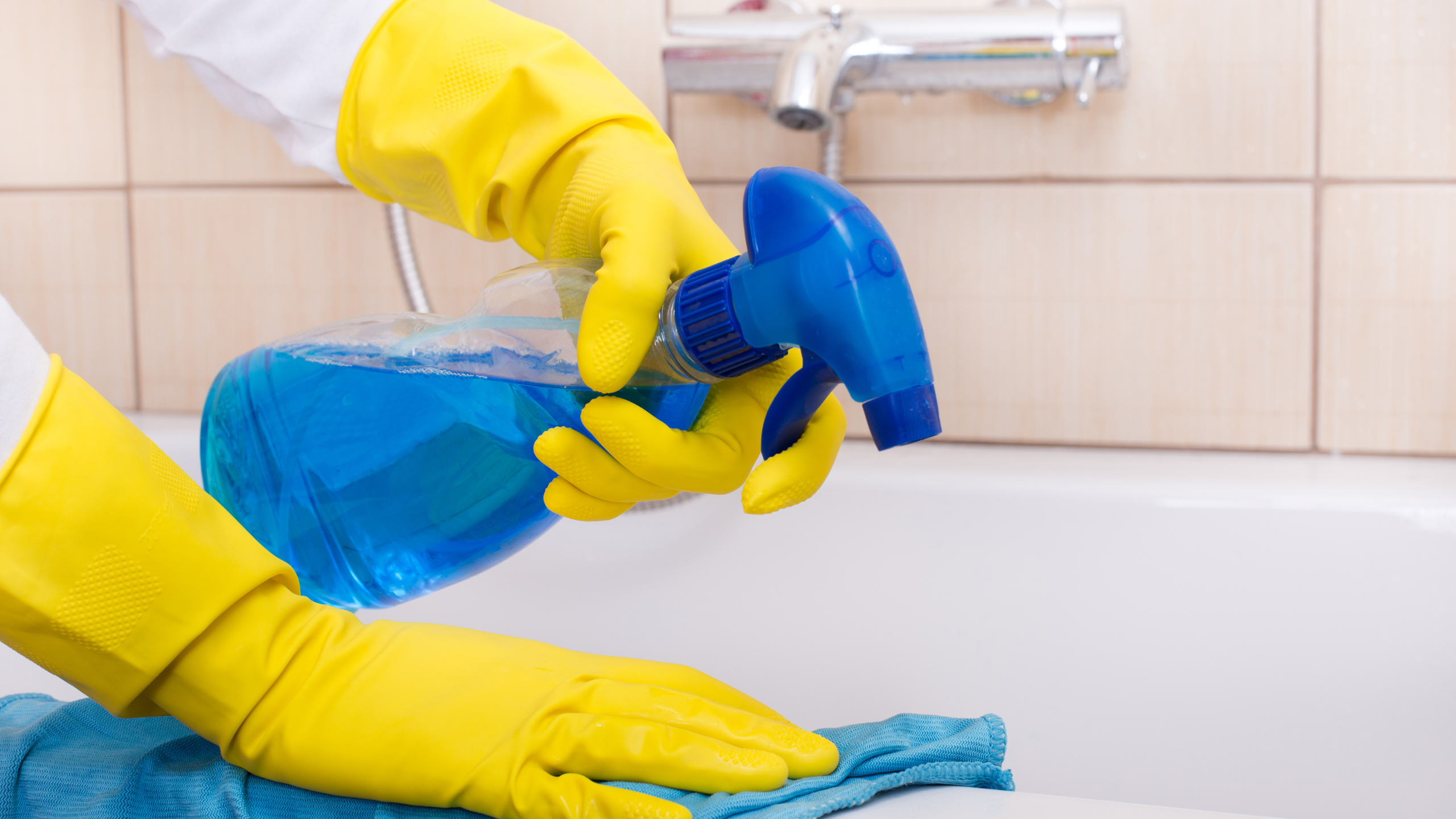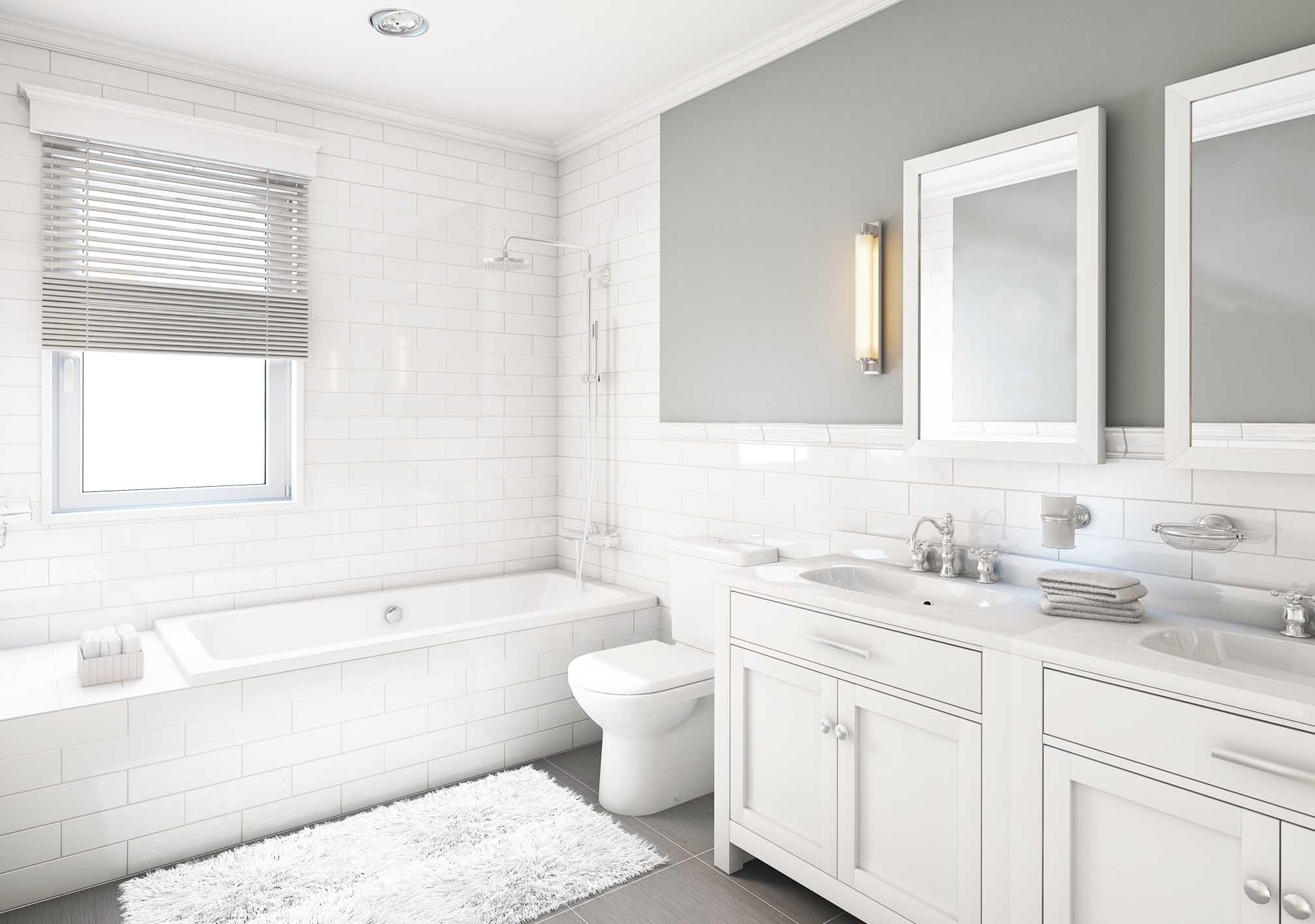In a world where information and resources are readily accessible, the appeal of DIY projects is undeniable. The satisfaction of taking matters into your own hands, whether revamping a kitchen cabinet or fixing a leaky faucet, is potent. However, amidst the allure of the do-it-yourself approach lies the question: is it consistently the most advantageous choice for every task? Let’s delve deeper into the enduring discourse of Professional vs. DIY. By critically examining the merits and drawbacks of each option, we aim to equip you with the necessary insights to make a well-informed decision tailored to your specific needs and circumstances. Whether you opt for professional expertise or embark on a DIY adventure, understanding the nuances can guide you towards successful outcomes. Bring back the shine to your bathtub with Wilmington Bathtub Refinishing’s expert refinishing services.
Should you DIY or hire a professional?
Deciding between tackling a project yourself or enlisting professional help involves weighing various factors. The task’s complexity, proficiency, time constraints, and financial aspects all play pivotal roles. DIY endeavors often offer personal satisfaction and potential cost savings but might fail to achieve desired results. On the other hand, hiring a professional ensures access to specialized expertise, increased efficiency, and a peace of mind regarding quality and safety. By carefully evaluating these factors and considering your priorities, you can determine the most suitable approach for your specific situation. Whether you opt for the hands-on experience of a DIY project or the expertise of a professional, making an informed decision ensures successful outcomes tailored to your needs.
Is it safe to DIY?
Ensuring safety should be the primary concern when considering a DIY project. Although some tasks may seem straightforward, others pose significant risks if mishandled. Activities like electrical work, structural repairs, and plumbing projects require specialized knowledge and adherence to strict safety protocols. Proceeding without the necessary expertise can lead to accidents and costly mistakes. Therefore, it’s essential to assess the complexity of the task and your proficiency level before embarking on any DIY endeavor. When in doubt, seeking professional assistance is often the safest way to protect yourself and your property.
Do you have the skills to DIY?
Before diving into any DIY endeavor, it’s imperative to thoroughly assess your skill level. While online resources like YouTube tutorials and DIY blogs can provide valuable insights, not every task is beginner-friendly. It’s crucial to evaluate your proficiency honestly, acknowledging your strengths and limitations. Consider the potential ramifications of mistakes, which could lead to costly damages or compromise safety. While enthusiasm and determination are commendable, they must be tempered with realism. If a project surpasses your current skill set, don’t hesitate to enlist professional assistance. Remember, successful DIY ventures require a blend of passion, knowledge, and the humility to recognize when it’s wise to defer to experts.
When to hire a professional
Knowing when to hire a professional is essential for successful outcomes. Structural alterations, complex installations, and projects requiring adherence to building codes are best handled by experienced professionals. Additionally, professionals can expedite projects, saving time, money, and frustration, especially when specialized tools or materials are necessary. Entrusting such tasks to experts ensures quality results and peace of mind, sparing you from potential mishaps or legal issues. Therefore, if a project exceeds your expertise or involves intricate requirements, it’s prudent to seek the assistance of qualified professionals to achieve optimal results.
While DIY reglazing kits are easily accessible, choosing professional reglazing services is often recommended to achieve a more durable and long-lasting finish.
Reglazing a bathtub or tiles is a prime example of the substantial difference between professional and DIY outcomes. Although reglazing kits may seem cost-effective at first glance, they frequently lack the durability and expertise professional services offer. Opting for professional reglazing ensures a high-quality finish capable of enduring the test of time.
Should you DIY or hire a professional? Consider the following advantages:
Is it better to do it yourself or employ a pro? Think about the following benefits:
1. Cost Savings: The initial expenses are frequently lower since labor is not required for DIY projects. This benefit may be substantial for people on a limited budget.
2. Personal Satisfaction: Finishing a do-it-yourself project can give you great satisfaction in your abilities and success.
3. Flexibility: DIY gives you more control over the project timeframe by allowing you to work on your terms and at speed.
4. Customization: Do-it-yourself projects allow you to express yourself creatively and add unique touches, so you may make the finished product fit your tastes and aesthetic.
5. Learning Experience: Working on do-it-yourself projects gives you practical experience and enables you to
The bottom line: DIY vs hiring a pro
To summarize, consider the intricacy of the job, your degree of expertise, and your tastes when deciding whether to DIY or hire a professional. DIYers can complete simpler projects successfully and more affordably, but more complex jobs frequently benefit from a professional’s experience and productivity. Prioritize safety, be honest about your abilities, and weigh the benefits and drawbacks thoroughly before moving forward with any effort.Achieving effective results while lowering risks and increasing satisfaction requires striking the correct balance between do-it-yourself projects and professional services. Whether making small improvements around the house or taking on a major makeover, choose the strategy that best suits your skills, resources, and goals. Recall that the process and the knowledge gained along the way are equally important as the outcome.

